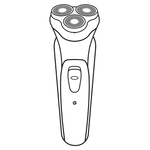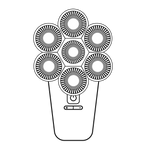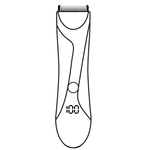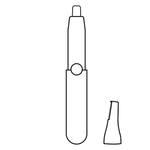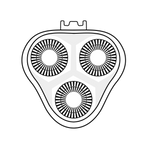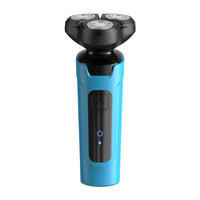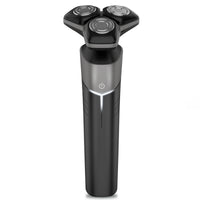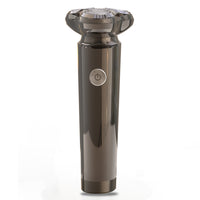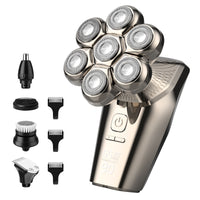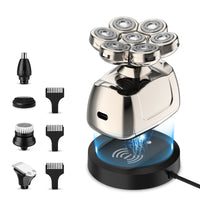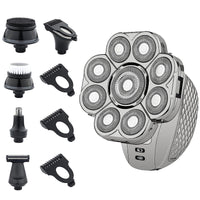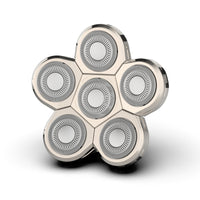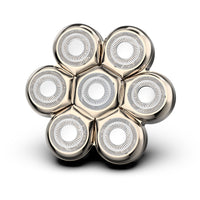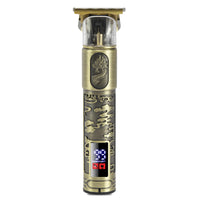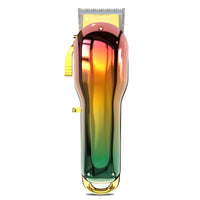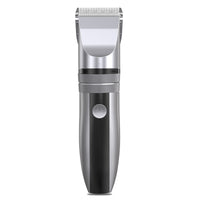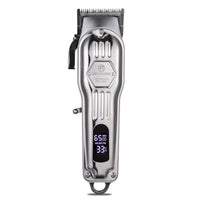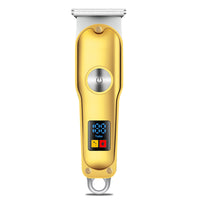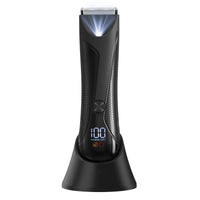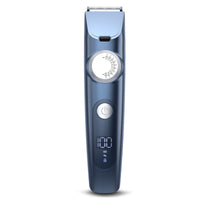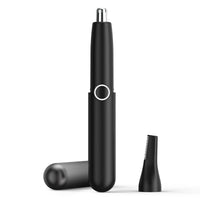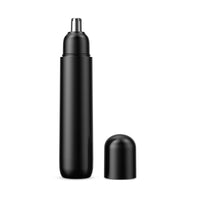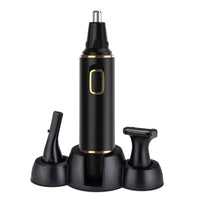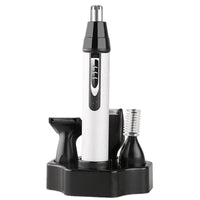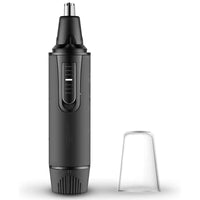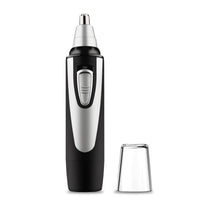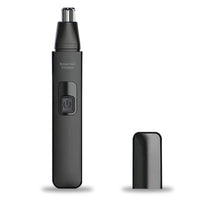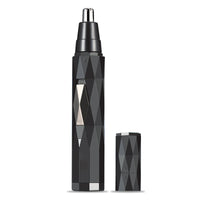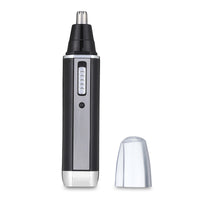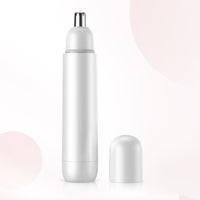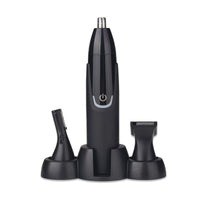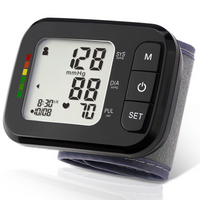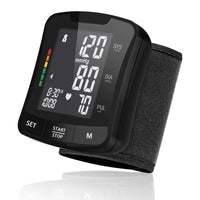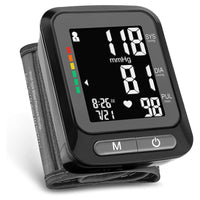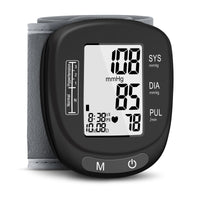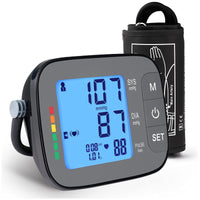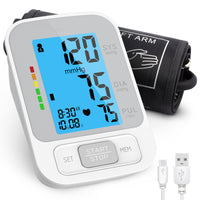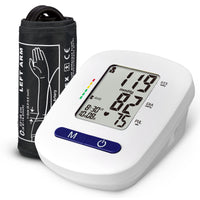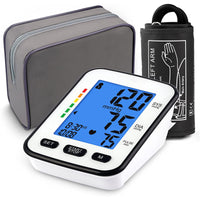- Subtotal:
What is Blood Pressure?

Understanding blood pressure
Blood pressure is the force or pressure of the blood pushing against the walls of the arteries. With each heartbeat, blood is pumped into our arteries and throughout the body. Blood pressure is given as two numbers. The first figure is the systolic pressure-the pressure on the arteries as the heart contracts and pumps blood, the other one is diastolic pressure - the pressure on the arteries when the heart rests between beats.
Blood pressure is measured in millimeters of mercury (written as mmHg) and is recorded as systolic blood pressure (higher value) and diastolic blood pressure (lower value), for example 120/80 mmHg.
We know that we should eat a healthy diet, reduce salt intake, keep active and drink alcohol in moderation to maintain a healthy weight and general good health. However, when we look at measuring our heart health, more than one in five adults worldwide1 have raised blood pressure. Understanding your blood pressure and what is considered a ‘normal’ level will help you to make the right lifestyle choices for a healthier heart, and a healthier you.
Why measure blood pressure?
The higher your blood pressure is, the higher your risk of health problems in the future. High blood pressure puts extra strain on your arteries and on your heart, which over time will cause your arteries to become thicker and less flexible, ultimately narrowing them. Narrow arteries are more prone to blood clots which can lead to serious heart problems, such as heart attack, stroke, and kidney disease.
Tracking your blood pressure regularly will give you a clear indication of your health, JOYHELTH’s blood pressure monitors easily meet all you needs
What can cause hypertension (high blood pressure)?
- Age
Hypertension, or high blood pressure, is more common as people age. The risk of developing hypertension increases with age and is more prevalent in older adults.
- Pregnancy
Gestational hypertension, is a common condition that affects many pregnant women. It is defined as blood pressure of 140/90 mmHg or higher after 20 weeks of pregnancy.
- Tobacco & Alcohol
Smoking cigarettes or using other tobacco products can damage blood vessels and increase the risk of hypertension.
- Physical Inactivity
Lack of regular physical activity can lead to weight gain, obesity, and an unhealthy lifestyle, all of which can contribute to the development of hypertension.
What can I do to help better manage my blood pressure?
Everyone can take five concrete steps to minimize the odds of developing high blood pressure and its adverse consequences.
- Healthy diet:
- promoting a healthy lifestyle with emphasis on proper nutrition for infants and young people;
- reducing salt intake to less than 5 g of salt per day (just under a teaspoon);
- eating five servings of fruit and vegetables a day;
- reducing saturated and total fat intake.
- Avoiding harmful use of alcohol i.e. limit intake to no more than one standard drink a day
- Physical activity:
- regular physical activity(at least 30 minutes a day).Just be a little more active. Walk instead of drive; take the stairs instead of the elevator, etc.
- maintaining a normal weight: every 5 kg of excess weight lost can reduce systolic blood pressure by 2 to 10 points.
- Stopping tobacco use and exposure to tobacco products
- Managing stress in healthy way such as through meditation, appropriate physical exercise, and positive social contact.

